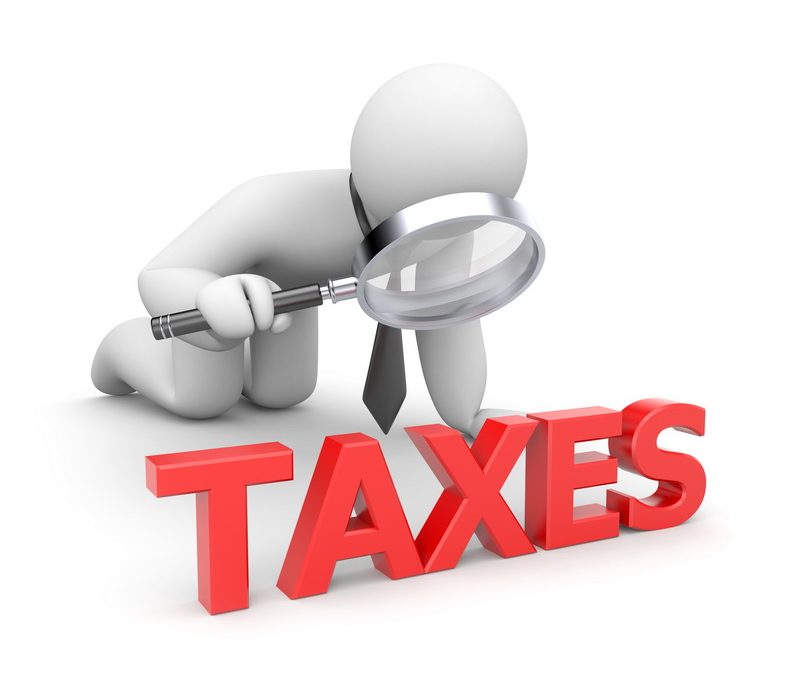How does this work?
I have been a bankruptcy lawyer for over 26 years, and I am still amazed at the misunderstanding that tax debt and bankruptcy never meet. Nothing could be further from the truth.
Can Tax Debt Be Addressed in Bankruptcy?
So let me clear up some confusion and set the record straight about a few things. We will start with the basics. Anyone who has any type of tax debt can always use the bankruptcy system to manage that debt. Tax debt can be addressed in both Chapter 7 Bankruptcy as well as Chapter 13 Bankruptcy.
One of the most common clients who has any type of tax debt often owns a small business, or who was previously involved in a business. Take Real Estate Agents, for an example. Real Estate Professionals typically are not employees of a brokerage house; they are independent contractors. That means they are responsible for paying their quarterly taxes, and oftentimes do not set aside any of their paid commissions to address the income tax debt.
Consequently, Real Estate Professionals can get themselves in tax debt one year after another until such time as the IRS really puts the pressure on them. This also happens with the independent mechanic, truck driver, hair salon owner, and Chiropractor, to name a few.
Discharging Tax Debts in Bankruptcy
So here are the basic rules regarding the discharge process of tax debt:
- Person filing bankruptcy must have filed the tax return
- Tax debt has to have been assessed
- Tax debt must have been in a collection status for at least three years
In order to Discharge tax debt, the person must have filed the tax return themselves. The tax debt would have had to been assessed and must have remained in a collection status for 3 years or more. Then, potentially, the tax debt could be Discharged just like credit card debt.
If, however, the tax debt did not fall within the above guidelines, then the tax debt still could be addressed as part of a personal restructuring payment plan in a Chapter 13 Bankruptcy.
As part of my due diligence review of a case, I have the client that has tax debt obtain tax transcripts from the IRS. Then, I can determine how the tax debt can be handled.
For those who have put off filing taxes, under extension or not, it is important to have a definitive plan on how to address your tax debt in the event you know a tax liability will be assessed once the tax return is filed.
Attorney D.J. Rausa is a practicing bankruptcy attorney for Marshall & Associates, PLLC in Mount Juliet, Tennessee.
He welcomes your questions about bankruptcy or student loan debt. Call the office for a free consultation at (615) 885-4335
